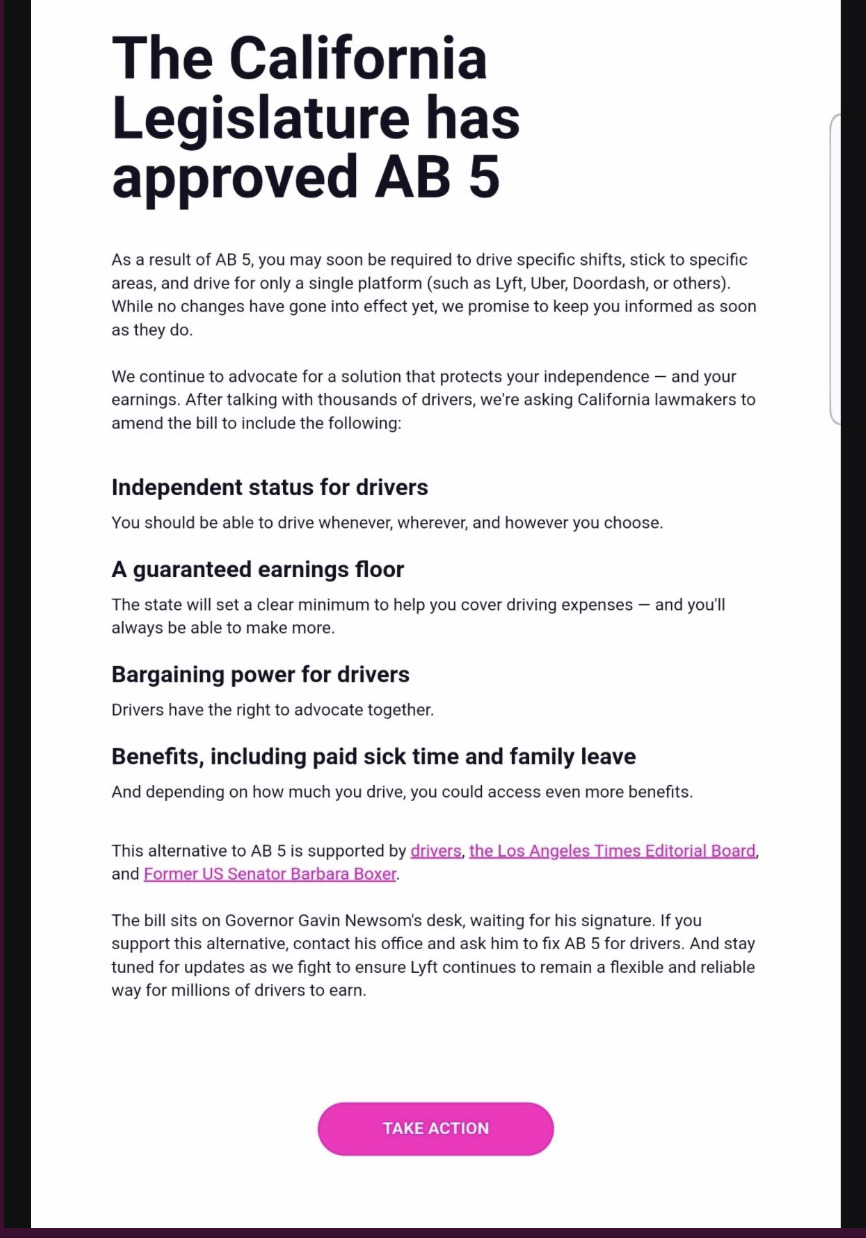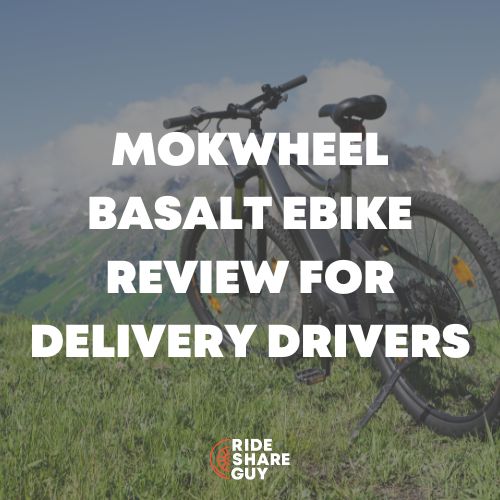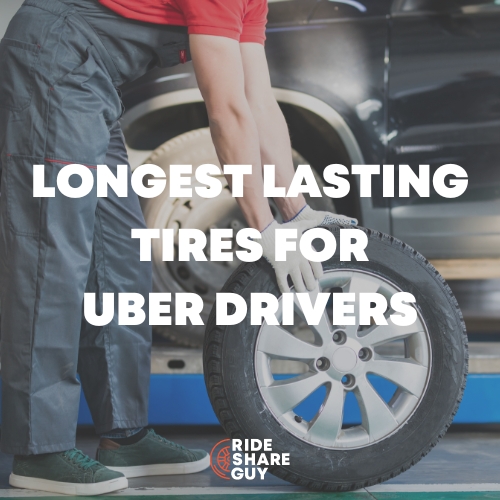If you have questions about what California Assembly Bill 5 (AB5) could mean for drivers, you’re not alone. It’s not a simple question to answer – over at The New York Times, I address how AB5 could impact driver flexibility, for example, and why AB5 in its current form can’t satisfy all parties. In the article below, RSG contributor Chonce Maddox Rhea covers the recent YouTube Live I hosted explaining more about AB5 and why it came about.
The recent rideshare news is pretty huge but I’m sure many of us saw this coming. California Assembly Bill 5 (AB5) was passed by the Senate and is one its way to being signed by the Governor.
At this time and point, the governor signing the bill just sounds like a technicality and that AB5 will be passed in the state of California very soon.

Take a look at the original YouTube live video below, but here’s a quick rundown of everything to keep you up-to-date on the latest AB5 update and what it can mean for drivers in the state of California and even in other states as well.
Don’t forget to subscribe to the RSG YouTube channel to get all the latest videos and YouTube Live videos! Make sure to turn on notifications (bell on the top right of the screen!) to get notified of every new video.
Mixed Driver Opinions on AB5
There’s a lot of information coming out right now from Uber and Lyft along with drivers who are against AB5 so there are definitely mixed opinions.
The bill is going back to the assembly with some minor changes and you can track the status to stay up-to-date with what’s going on here.
As a reminder, AB5 would codify a decision in California that applies an ‘ABC’ test to determine whether workers are employees or contractors. If you look at that test, you’ll see that drivers really look like employees already and that’s why the companies don’t like it.
On one end, Uber and Lyft are warning drivers that this bill could take away their freedom and prevent them from driving whenever and where ever they want. On the other end, some drivers are in favor of AB5 if it will mean that they can earn at least a minimum wage and gain access to other employee perks and benefits.
How Will AB5 Affect Other States?
So while we know that the passing of this bill will directly affect Californians, this doesn’t mean that drivers in other states won’t be affected in the future as well.
Today, the passing of AB5 doesn’t mean a whole lot for drivers. They’re still going to be able to go out and drive day to day, but there will be tradeoffs. To be honest, we’re not 100% sure what that will look like but it’s safe to say you won’t lose all your flexibility like Uber and Lyft are claiming.
This bill is important for drivers everywhere to pay attention to because other states are looking into similar legislation (which could be even scarier for Uber and Lyft). If this passes in California (likely) others states will likely pick it up as well.
Uber and Lyft’s Messaging
If you’re in California, you’ve probably seen the messages that Uber and Lyft are sending to drivers and if you didn’t know any better, they probably sound scary.

They almost make it seem like you will lose complete flexibility under AB5 which is not entirely true. To add insult to injury, Uber and Lyft have dug a hole for themselves by slowing taking away driver’s flexibility on their own.
Let’s face it. Over the last few years, rideshare driving has gotten less flexible. A lot of people may want to be true independent contractors but Uber and Lyft are making it so you can’t do this.
There are trip-based bonuses that require you to drive in certain areas at certain times, strict acceptance rate requirements to meet, and the pressure to lose access to trips if you fall below certain thresholds. Lyft’s personal power zones and Uber’s new surge don’t make it much better for drivers or offer more ‘freedom’. Overall, there seem to be more conditions and more qualifications.
If you step back and look at the trend of rideshare, companies are already exerting more control over driver’s lives.
It would be nice to be your own boss and drive whenever you want, but if overtime Uber and Lyft are restricting that you’re getting shorted.
Would Drivers Rather Be Employees or Independent Contractors?
Harry asked two really important questions to drivers as part of the RSG annual survey to see if they’d prefer to be classified as employees or independent contractors.
The results:
- 15.8% of drivers want to be employees
- 65.7% want to be independent contractors
- 18.5% aren’t sure
This makes sense since most driver like not having a boss and being able to drive when it’s convenient for them. The big caveat is that in reality, driving for Uber and Lyft is a lot less independent than it used to be.
Does the Bill Give California Cities the Ability to Sue These Companies?
This was one of the later amendments that was added into the bill. It basically gives cities a little more power to sue Uber and Lyft if they’re not complying but it’s clear how stubborn Uber and Lyft are and how bad they don’t want this to pass. It can also be a hassle trying to regulate all of this.
Drivers Can Use All the Tools of the App to Maximize My Earnings?
If you’re part of the Rideshare Guy community, you should be using the strategies we share to out-earn the average driver, like surge-only driving.
It pays to be in the know and take advantage of these tips and tools we talk about to help you earn more money. There is some variability allowing you to make more with rideshare driving. If drivers became employees, it may be a lot tougher for those high-earning drivers.
Can Driver’s Offset Rate Changes and the Effects of AB5 With Other Rideshare Services?
We’ve covered other services and programs that help rideshare drivers make more money like Cargo and Firefly.
Since Lyft recently cut rates in a lot of cities, drivers should definitely consider adding other services like these to help make up the difference. You can possibly make 5% – 10% more which is not a ton but it can help offset some of the rates.
If Uber Offered Drivers $30 per Hour to Cover Expenses Would That Motivate Drivers to Oppose AB5?
Uber knows what drivers care about but have failed to deliver in many ways. One of the biggest issues is that they didn’t set the platform up to enable drivers to become a true independent contractor.
If Uber and Lyft paid higher rates, would you then be against AB5? The answer for most people is probably yes. No one was complaining about being an employee when they made more money.
A lot of AB5 supporters are preaching that ‘everything is going to be great’ – drivers can make more money and be treated as employees. This is a pretty ambitious statement as you probably won’t see huge changes overnight.
What’s Going to Happen When it Comes to Your Taxes?
AB5 is going to hurt the savviest rideshare driver. Harry has talked about how much you can deduct as an Uber or Lyft driver. You can pay a little close to $0 or a small percentage if you optimize deductions properly.
As an employee, you wouldn’t be able to make those deductions. You may get a reimbursement on mileage as an employee on tops of your minimum pay and we’ve seen this with platforms like Eaze.
There’s a lot of complexity so you can’t decide whether this is going to be 100% better or worse just yet.
Like with anything in life, there’s going to be tradeoffs and people are not talking about who stands to gain the most from becoming an employee along with who stands to gain the least. Full-time drivers have it hard because they aren’t getting PTO vacations, disability, etc. yet they’re often driving 40-60 hours per week.
Some of the part-time drivers spending 5-10 hours per week may find it better to maintain an independent contractor status.
Will AB5 Make Drivers Accept More Trips and Not Cancel?
Yes, but Lyft is already doing this in a way. Lyft’s new pay structure means drivers can start getting paid from the time they accept a trip, but the overall rate has been lowered. This encourages drivers to accept more trips although Lyft has already been shifting slightly toward an employee model but don’t want to pay the drivers more.
So as Employees, Would We Lose the $0.58 per mile Deduction?
Yes, but in California, you would get reimbursed $0.58 per mile.
A RSG contributor drove for Eaze and they already use employees as their drivers and Harry plans to start sharing more of this content in the coming weeks to preview what life would look like for drivers who are treated like employees.
Don’t forget to join us on the next live Q and A and please comment below to let us know whether you’re for or against AB5 and why.
Drivers, what do you think of AB5? Do you think it will impact you?
-Chonce @ RSG




